India’s Supreme Court Says “No” to Gay Marriage
India's Supreme Court rejected a request to legalize same-sex marriage, even as it urged the government to combat anti-LGBTQ discrimination.

India’s Supreme Court rejected a plea to legalize same-sex marriage on Tuesday, dealing a huge setback to the country’s LGBTQ community.
A five-member bench of judges ruled unanimously against the petitioners’ complaint that denying same-sex couples the opportunity to marry not only violates their right to equal protection under the law, but denies them the benefits that come with marriage, including the right to adopt children.
They suggested that the court should replace “man” and woman” with the gender-neutral term “spouse” in the Special Marriage Act — a law allowing marriage between people from different religions, castes, and countries.
But the conservative Indian government, led by right-wing populist Prime Minister Narendra Modi, argued that the country had a legitimate interest in preserving marriage as a union between only opposite-sex partners. They argued that allowing same-sex marriage would lead to the breakdown of the family unit and societal “chaos.”
Modi’s government has criticized proponents of same-sex marriage for promoting “urban elitist views” that don’t align with broader public opinion.
The primary rationale for the justices’ rejection of the petitioners’ request was that the court was not the appropriate venue for amending the country’s marriage laws. Rather, all five justices said, such changes would have to be approved by the country’s parliament, reports The New York Times.
Justices authored four different opinions, concurring and dissenting in part with the overall court’s finding.
Some of the justices were sympathetic to the petitioners, arguing that transgender people can marry other transgender people — so long as one partner identifies as a man and another as a woman — and offering other glimmers of hope to same-sex marriage proponents.
For instance, Chief Justice Dhananjaya Yeshwant Chandrachud, as part of a two-member minority, wrote that “the right to choose one’s partner and the right to recognition of that union” should be recognized by the government, even if that union does not constitute marriage.
Responding to the government’s claim that demands for legalizing same-sex marriage were only held by “urban elites,” Chandrachud wrote that “queerness is not urban or elite,” noting that it is not just “an English-speaking man with a white-collar job who can claim to be queer,” but also “a woman working in an agricultural job in a village.”
He also urged the Indian government to ensure that LGBTQ citizens are protected from discrimination in access to goods and services and from bias-motivated violence.
He also encouraged allowing “queer and unmarried couples” to jointly adopt children.
The ruling comes five years after the high court overturned colonial-era laws that criminalized homosexuality, finding that those laws — which proposed a 10-year-prison sentence for those convicted of “unnatural offenses” — were unconstitutional.
Adish Aggarwal, the head of the Bar Council of India, said after the high court’s ruling that India was not ready to accept same-sex unions.
However, a recent poll by the Pew Research Center conducted in 24 countries found that 53% of Indians favored legalizing same-sex marriage — an increase from 2014, when only 15% held similar views.
Prior to the judgment, the Indian government had proposed an expert committee that would be responsible for protecting the rights of the LGBTQ community.
That committee would examine the possibility of treating gay couples as “families” regarding food assistance, bank accounts, and insurance programs. All the justices concurred with that proposal.
Anjali Gopalan, a petitioner in the case and head of the Naz Foundation, a nonprofit group in New Delhi that works on sexual health issues, called the judgment “extremely disappointing.”
“I went to the courtroom this morning with a lot of hope, but as I heard the judges read out their orders, I felt huge disappointment,” LGBTQ rights activist Sharif Rangnekar told the BBC following the verdict. “My hopes were dashed.”
Rangnekar also expressed skepticism about the proposed government committee, noting that there is no timeline for setting it up — meaning that anti-LGBTQ forces in the government are likely to delay taking action to ensure even the most limited rights to LGBTQ individuals.
Pia Chanda told the BBC the “Supreme Court is playing passing the parcel.” Chanda has been in a same-sex relationship for 34 years,
“This judgment is a predictable farce and will keep the discrimination in place,” she said.
Support Metro Weekly’s Journalism
These are challenging times for news organizations. And yet it’s crucial we stay active and provide vital resources and information to both our local readers and the world. So won’t you please take a moment and consider supporting Metro Weekly with a membership? For as little as $5 a month, you can help ensure Metro Weekly magazine and MetroWeekly.com remain free, viable resources as we provide the best, most diverse, culturally-resonant LGBTQ coverage in both the D.C. region and around the world. Memberships come with exclusive perks and discounts, your own personal digital delivery of each week’s magazine (and an archive), access to our Member's Lounge when it launches this fall, and exclusive members-only items like Metro Weekly Membership Mugs and Tote Bags! Check out all our membership levels here and please join us today!










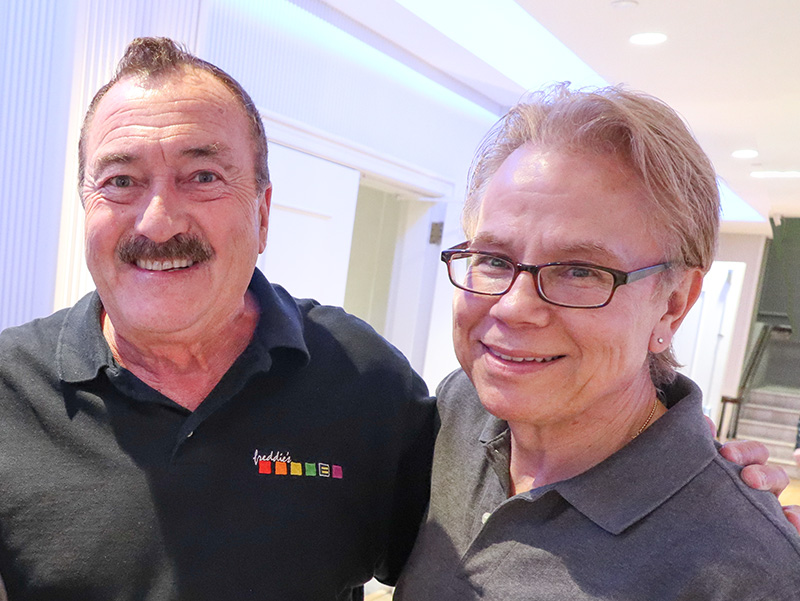
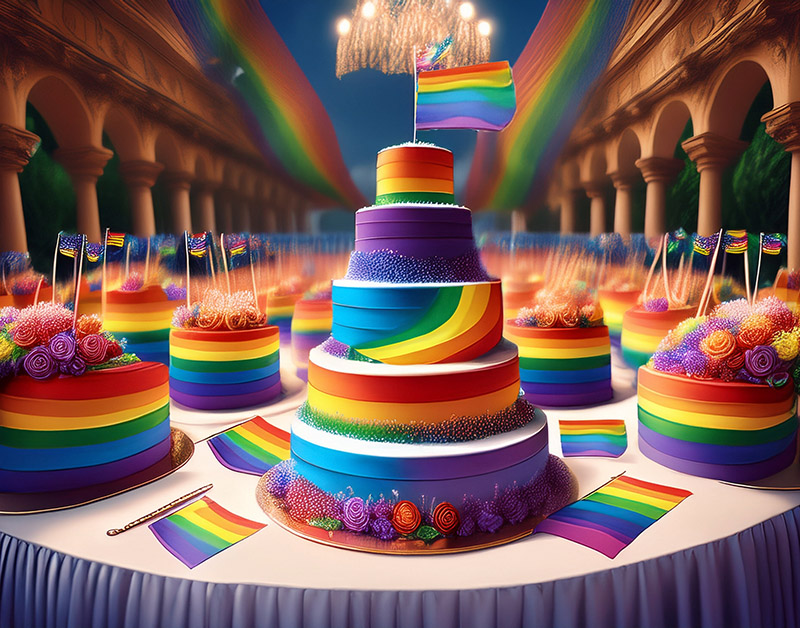
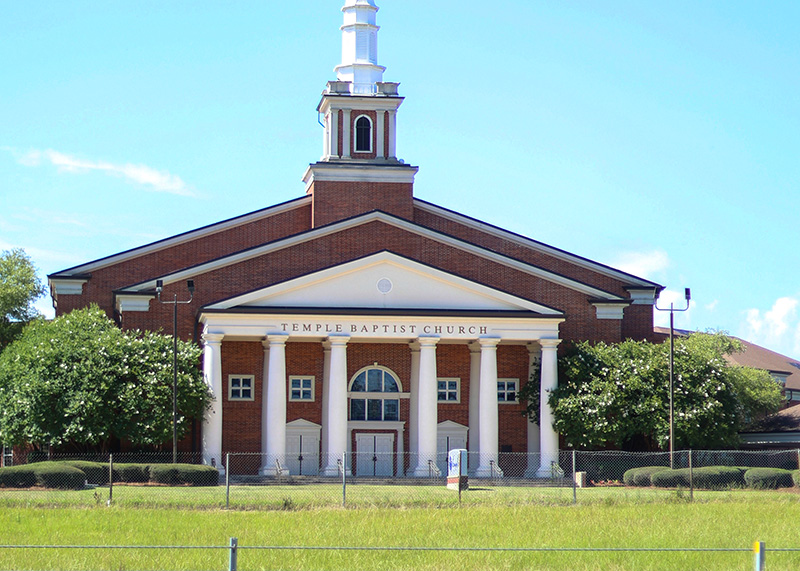












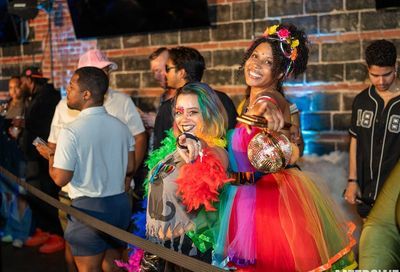
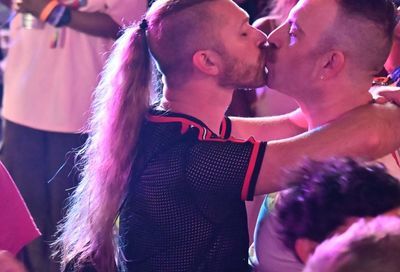
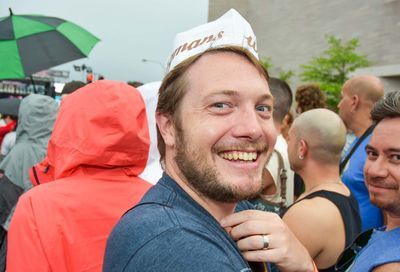
You must be logged in to post a comment.